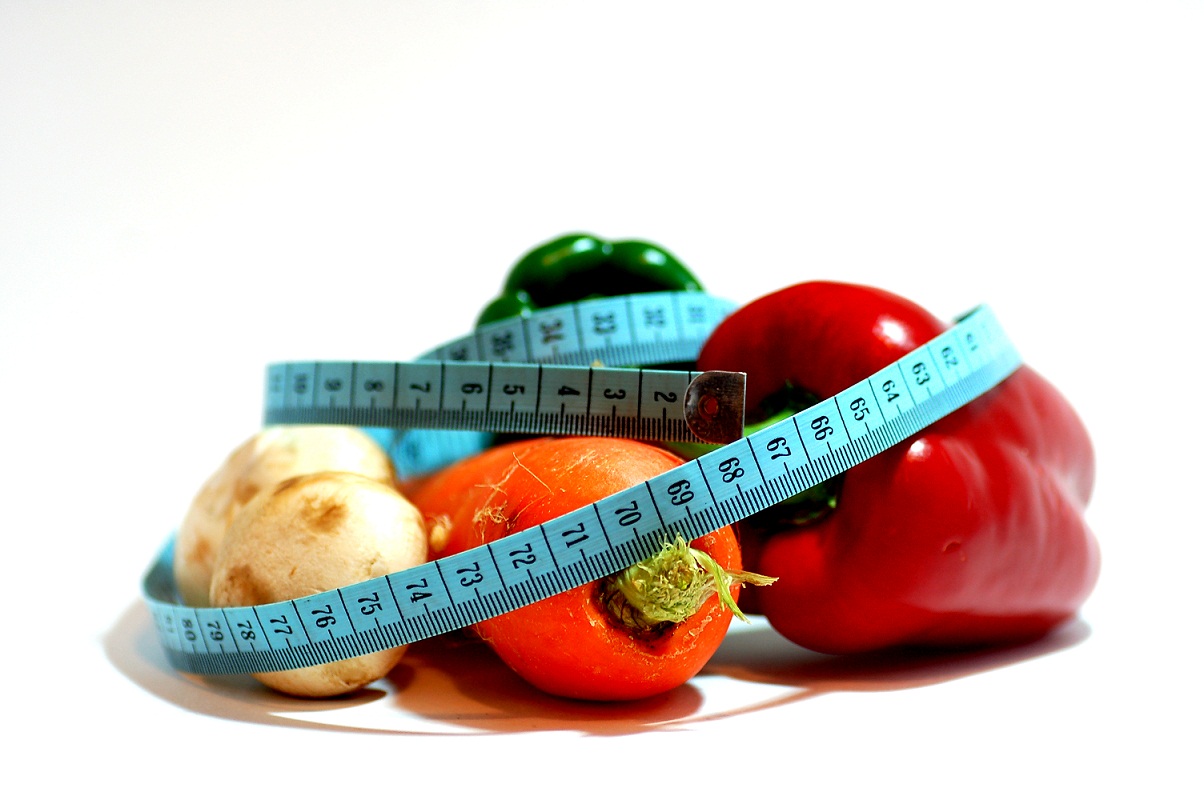Vegan! 5-2 Fasting! Several trendy diets out there can leave you confused when it comes to weight loss whether to give up carbs/sugar/meat/dinner to achieve goals.
5 Popular Weight Loss Diets of 2020

1. Mediterranean Diet
This diet includes healthy fats such as avocados, olive oil, nuts, and fish at least twice a week, plenty of beans, fruit, leafy greens, and whole grains, and even a daily glass of red wine. You can eat cheese in moderation but limit the red meat to once or twice a week.
This diet can lower your risk of both chronic disease and cognitive decline—it can also lead to weight loss if you limit your calorie intake to 1,500 a day or less. Studies have found that following either a traditional Mediterranean diet or a low-carb version of it can result in weight loss of about 5-10% of body weight over 12 months.
2. Vegan Diet
Going a step further than the traditional vegetarian diet, vegans shun all animal products, including dairy, eggs, and honey. While many choose this lifestyle for ethical or environmental reasons, some people look to the vegan diet for weight loss as well.
Just going vegan won’t necessarily help you drop the weight. Although, if you eat high-quality vegan food, like leafy greens and plant-based proteins, you can lose more weight than either vegetarians or omnivores; studies confirm that those on a plant-based diet have a lower average BMI than those who eat animal products.
3. Intermittent Fasting
There are a few different ways to do the intermittent fasting plan: Some people eat whatever they want 5 days a week, then consume a very low calorie diet (usually around 500 calories) on the other 2 days; others restrict their eating to an 8-hour window every day. Say, eating unlimited food between 8 a.m. and 4 p.m., and fasting for the other 16 hours.
By limiting daily overall calories consumption, pounds are bound to melt off, however, there is some evidence that this diet can also increase your metabolism rate and have other positive health effects. A 2015 meta-study found that people who did intermittent fasting lost about the same amount of weight as those who did a regular calorie-restricted diet.

4. Volumetrics Diet
Consistently rated as one of the best diets by U.S. News & World Report, Volumetrics was created by Barbara Rolls, PhD, a professor of nutrition at Penn State University. The strategy is, fill up on foods that provide the most nutrition for the least number of calories. Foods are divided into four categories, from least energy-dense (fruits, non-starchy vegetables, broth-based soups) to most energy-dense (crackers, cookies, chocolate, nuts, and butter); dieters plan their meals to include as many of the lower-density foods as possible.
The secret is simple—the fewer calories consumed, the more weight you’ll drop.
5. Flexitarian Diet
According to Dawn Jackson Blatner, RD, nutritionist and author of The Flexitarian Diet, “This is a very pro-plant diet, but it gives you the flexibility to have a hot dog at a ballpark, or to eat some turkey at Thanksgiving.” Blatner’s book provides a 5-week plan that provides around 1,500 calories a day.
The secret is by filling your plate with more vegetables, fruits, whole grains, and plant proteins, and sticking with the low-calorie plan, you can lose weight and improve your health. A recent review found that people who followed a flexitarian diet had lower BMIs and lower rates of metabolic syndrome than people who regularly ate meat.
The list is endless but remember, any diet that has a glaring list of what’s not allowed is going to be very hard to maintain.
Disclaimer
The Content is not intended to be a substitute for professional medical advice, diagnosis, or treatment. Always seek the advice of your physician or other qualified health provider with any questions you may have regarding a medical condition.